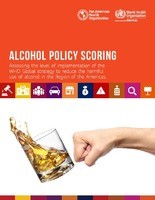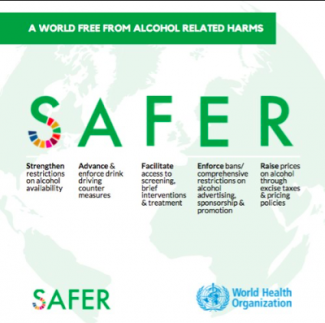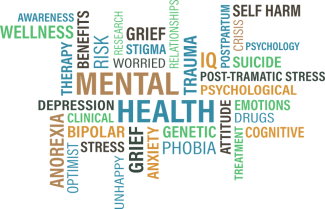World Patient Safety Day
In May 2019, the 72nd World Health Assembly endorsed the establishment of World Patient Safety Day to be observed annually on the 17th of September.
The main objective of World Patient Safety Day is to raise global awareness about patient safety and encourage global solidarity and action.
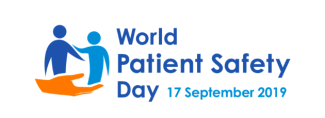

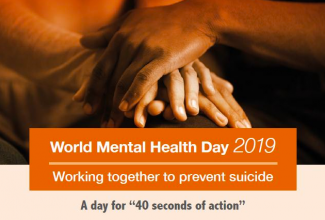
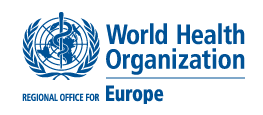
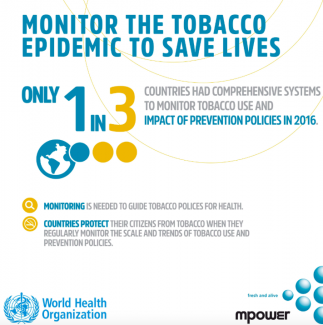


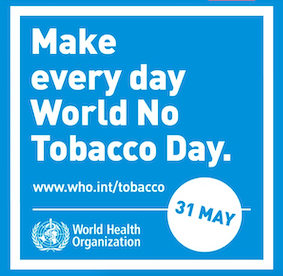 Every year, on 31 May, the World Health Organization (WHO) and global partners celebrate
Every year, on 31 May, the World Health Organization (WHO) and global partners celebrate 